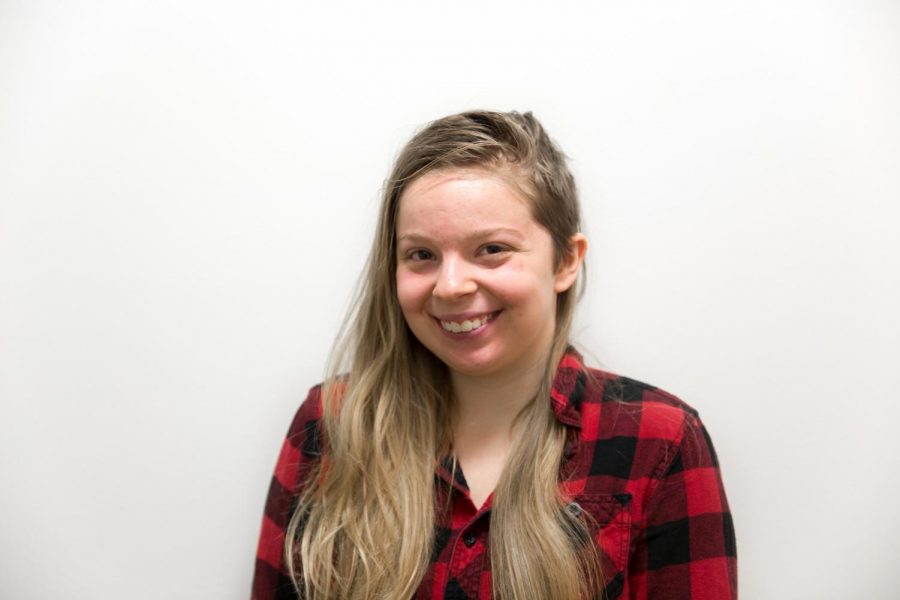#REDinstead for Autism Awareness
April 10, 2018
A lot of well-meaning folks are going to be lighting it up blue this April to support Autism Speaks, but if you want to support autistic people, look to different organizations. Autism Speaks is unfortunately the most well-known so-called charity for autism, but it has done far more harm than good.
It is especially heartbreaking for me, every April, to see people change their profile picture borders to the Autism Speaks logo or donate to the organization because of my little brother. He is four years younger than me and was diagnosed with autism before the age of five, although, at that point, his specific diagnosis was Asperger’s syndrome, a term no longer used after being removed from the DSM-5 in 2013. I have struggled with all the usual things — watching him be bullied at school, fighting with the school to give him proper accommodations, having complete strangers call him a “f-cking r-tard” to his face — but it is also immensely difficult to see people supporting an organization that would rather people like him not exist.
Autism Speaks paints autism as a terrible disease, and autistic children as a burden to their parents and caregivers. One of their commercials describes autism as a horror story, and personified the disease in dialogue that said, “If you are married, I will make sure your marriage fails.” They also produced a 13-minute documentary, later expanded to 44 minutes, of mothers discussing how difficult their lives are because of their autistic children while the children are in the room. This presupposes that the difficulties the caregivers of autistic children face are more important than those faced by autistic people themselves.
As for the organization’s leadership, for years there was not a single autistic person on Autism Speaks’ board, so there was no one autistic to speak for their community. It would be like a prominent women’s organization being run entirely by men, or an LGBTQ charity being run exclusively by straight people. Because of this criticism, they hired John Elder Robinson, who later quit because of how poorly his community was being represented. Now there are two autistic people on their board. That is only the tip of the iceberg, however.
Worse still, rather than their funds going to support autistic people, a lot of it goes toward looking for a cure. In fact, only 4 percent of their funds go to family grants, and 21 percent goes to advertising. There is no known cure for autism, and even if there were, most autistic people do not want one because they see autism as an integral part of who they are and how their brain functions. Some of the cures parents of autistic people have attempted involve torture like chemical castration. “Curing” autism would mean autistic people no longer exist or were never born. In fact, Autism Speaks has proposed a prenatal genetic test for autism that I believe could potentially lead to selective abortions, which would ensure that autistic people do stop existing.
There are plenty of charities run by autistic people who advocate for themselves to be accepted in society, not to research for a “cure” or use negative propaganda to make people think that autism is horrible. The Autistic Self Advocacy Network and the Autism Women’s Network are two of the best, so please consider donating to them rather than Autism Speaks this April. Use red rather than blue and instead of the puzzle piece, which implies autistic people don’t fit, use the rainbow-colored infinity symbol for neurodiversity.
Opinions expressed on the editorial pages are not necessarily those of WSN, and our publication of opinions is not an endorsement of them.
Email Beth Sattur at [email protected].

























































































































































i agree • Apr 10, 2018 at 9:31 am
If you listen to that documentary you can hear one of the mothers saying that she wanted to drive herself and her autistic daughter off a cliff but she didn’t because she had another “normal” daughter